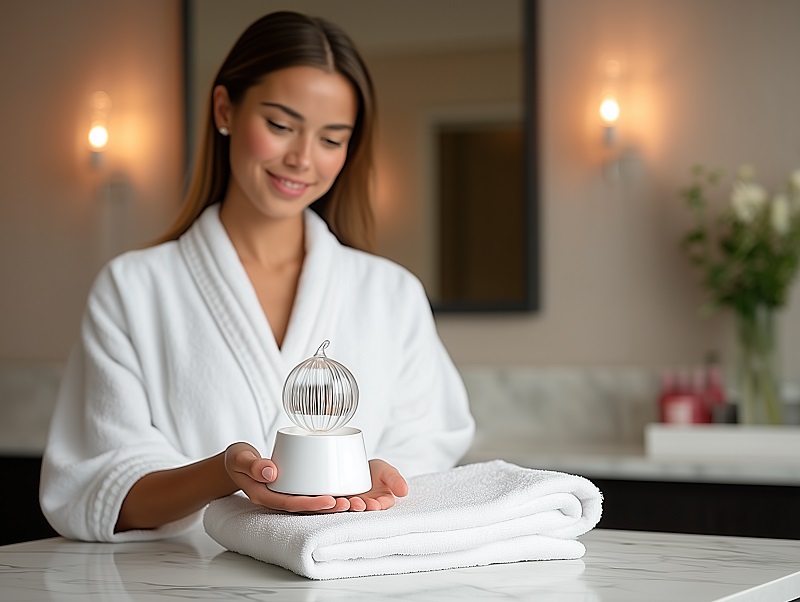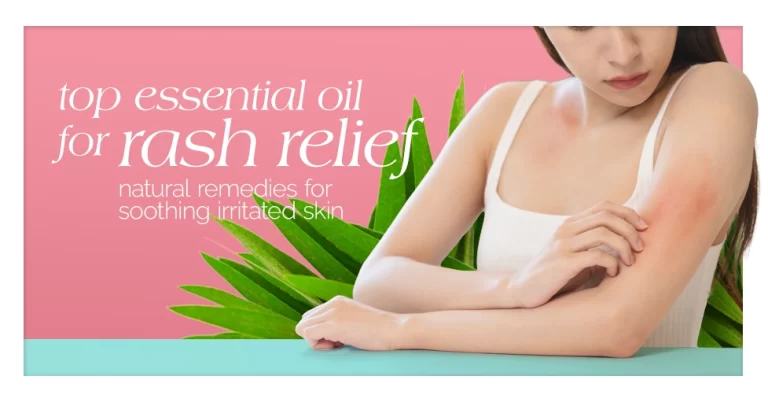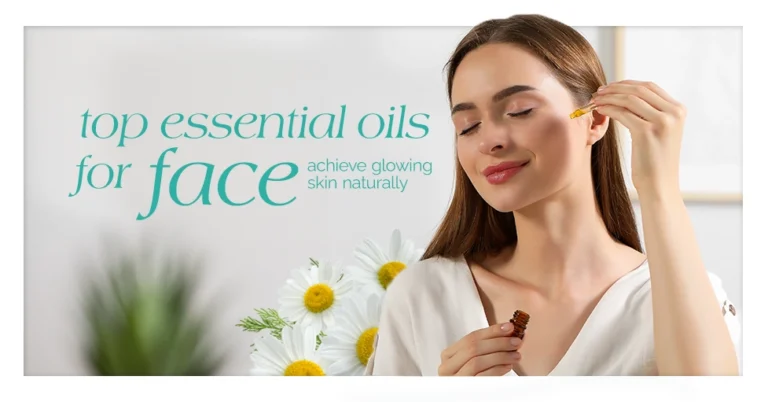Absolutes vs Essential Oils: Solvent vs Steam Extraction and Benefits of Rose, Jasmine & Osmanthus
Many shoppers who browse aromatherapy shelves face a basic question: what sets absolutes apart from EOs? In the market there is a full line of pure, natural aroma concentrates produced by steam distillation, solvent extraction, supercritical CO2 extraction, and cold pressing. It is always best if each oil is tested for adulteration and sourced from farms with rigorous sustainability and fair-labor practices. Also, all batches should track a harvest date and have an origin code. A certified aromatherapist can explain how each method changes chemical makeup, why certain botanicals yield only absolutes, and what makes rose, jasmine, osmanthus, and tobacco absolutes unique. Experienced practitioners and beginners can use the following reference to match oils to skin therapies, fragrance crafting, stress relief, mood support, and beyond.
Steam Distillation
Plant material sits in a heated chamber with water. Steam rises, carrying volatilized compounds up a column. Condensation captures oil and hydrosol, which then separate by density. This approach suits lavender, peppermint, and eucalyptus. It delivers light, fragrant distillates for diffuser blends, massage treatments, and topical formulas.
Solvent Extraction
A gentle solvent bathes delicate petals or resins. It draws out heavier, nonvolatile molecules that heat would destroy. After solvent recovery, the outcome is a rich, viscous concentrate called an absolute. Its aroma remains faithful to the source blossom. Perfumers and skincare formulators prize these stalk-to-stamen profiles in serums, luxury creams, and scent concentrates. Key absolutes include jasmine, rose, osmanthus, and even pure, nicotine-free tobacco.
CO2 Extraction
Carbon dioxide undergoes high pressure until it becomes supercritical, acting like both liquid and gas. That state removes a broad spectrum of plant molecules. Once pressure drops, CO2 reverts to gas and evaporates, leaving a clean, complex extract. CO2 captures a wider array of compounds than steam distillation, which matters in high-end aromatics.
Cold Pressing
Fruit rinds are punctured to release oil and peel juice. A centrifuge spins out solids, yielding bright, zesty extracts. Common subjects for cold pressing include orange, lemon, and bergamot. These oils bring natural waxes and furanocoumarins, so skin applications should be timed to avoid direct sun exposure.
Comparison of Rose Oils:
Rose absolute and Rose Otto (distilled rose) have distinct scent profiles and chemistry. Otto leans greener and earthier, whereas the absolute presents a rich sweet blossom note. That difference springs from phenylethyl alcohol, a heavier molecule that gives the absolute deeper floral sweetness. The distillate carries more citronellol and geraniol, which deliver a clearer, more herbal rose nuance.

Rose Oil Highlights
- Rose Otto: diffuser blends, facial toners, luxe massage oil
- Rose Absolute: fine perfume accords, hydrating serums, scented candles
- High citronellol content in Otto offers antimicrobial qualities
- Absolute’s phenylethyl alcohol content supports a deep floral sweetness
- A few drops in a warm bath can ease tension after a long day
Jasmine Oils:
Genuine jasmine blossoms resist steam distillation, so all jasmine concentrates exist as absolutes or CO2 extracts. Aroma reads as intensely floral, exotic, and sweet. Key constituents range from benzyl alcohol to linalool and alpha-farnesene. That profile makes jasmine a favorite in skin-smoothing formulations and mood-lifting blends. Jasmine’s low yield makes it one of the priciest absolutes on the market, lending it luxury status. Formulators often tap jasmine for mature skin rituals or as a fixative in perfume creations.
Jasmine Oil Highlights
- Anti-aging serums for fine lines
- Evening diffuser blends for calm
- Signature perfume base notes
- Pairs well with oud, sandalwood, and vanilla
Osmanthus Absolute:
Steam distillation of osmanthus is commercially unviable. The absolute captures a fruity-floral bouquet with black pepper undertones. That nuance sees action in high-end skincare and fragrances. Its subtle fruitiness layers well with neroli or rose for a multi-dimensional floral drop. Skincare brands prize osmanthus for its mild toning effects. Perfumers tap its peppery facets to add warmth and depth.
Osmanthus Absolute Highlights
- Nighttime face oils in serums or moisturizers
- Custom perfume crafting for a signature note
- Body lotions that balance and tone
- Room sprays that offer gentle uplift
Tobacco Absolute:
A steam-distilled tobacco extract exists but lacks the depth of solvent extraction. Tobacco absolute delivers a smoky-sweet richness suited for natural perfume and cologne bases. A 100% pure, nicotine-free extract provides a clean tobacco profile. Tobacco absolute forms a sturdy base note when blended with vanilla or amber. That smoky-sweet depth sits well against leather or patchouli. In small amounts it lends a smooth, cozy tone to diffuser blends or massage oils, making it a favorite for winding down at night.
Tobacco Absolute Highlights
- Base notes in artisan colognes
- Reed diffusers when mixed with lighter carrier oils
- Aromatherapy blends aimed at relaxation
- Pairs beautifully with vanilla, tonka, amber, or patchouli
Choosing the Right Method:
Pick a steam-distilled or cold-pressed extract when you need a light, bright aroma that flows easily in diffusers and oils. Opt for CO2 when a full chemical fingerprint matters, such as in advanced skincare or high-end perfumes. Reach for an absolute if you need bold floral or resinous depth, as with rose or jasmine applications. Citruses respond best to cold pressing, but always patch-test for sun sensitivity.
Safety and Storage:
Store bottles in a cool, dark spot to preserve aroma integrity. Tighten caps to limit oxidation. Use dark glass containers. Keep oils out of reach of children. Perform a patch test for new blends, especially those containing photosensitive citrus extracts or concentrated absolutes. Dilution ratios between 1 and 5 percent in carrier oils help support skin comfort.
Glossary of Terms:
- Hydrosol: water byproduct of steam distillation, used in facial mists
- Phenylethyl alcohol (PEA): heavy floral molecule prominent in absolutes
- Furanocoumarins: natural citrus compounds that may cause sun sensitivity
- Supercritical CO2: a high-pressure form of carbon dioxide used for extraction
Every batch undergoes gas chromatography–mass spectrometry analysis to verify purity and potency. Batch codes and recommended usage appear on every bottle label, arming users with the data they need for safe, creative blending.







